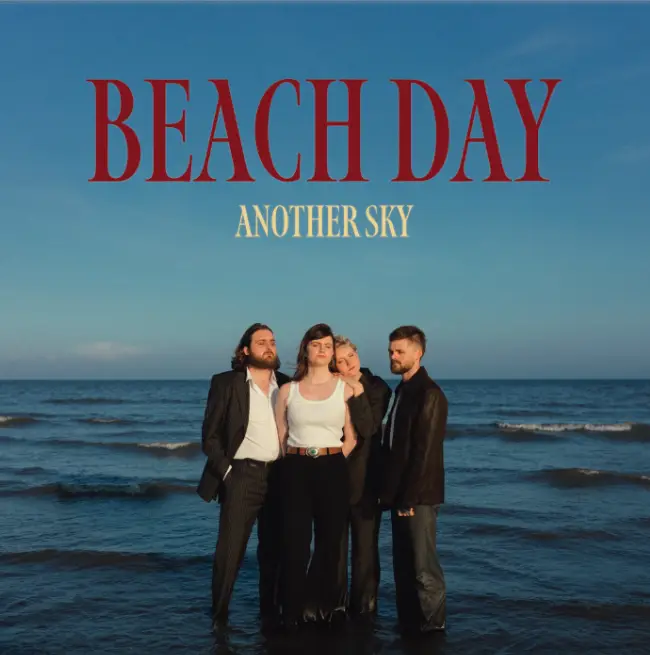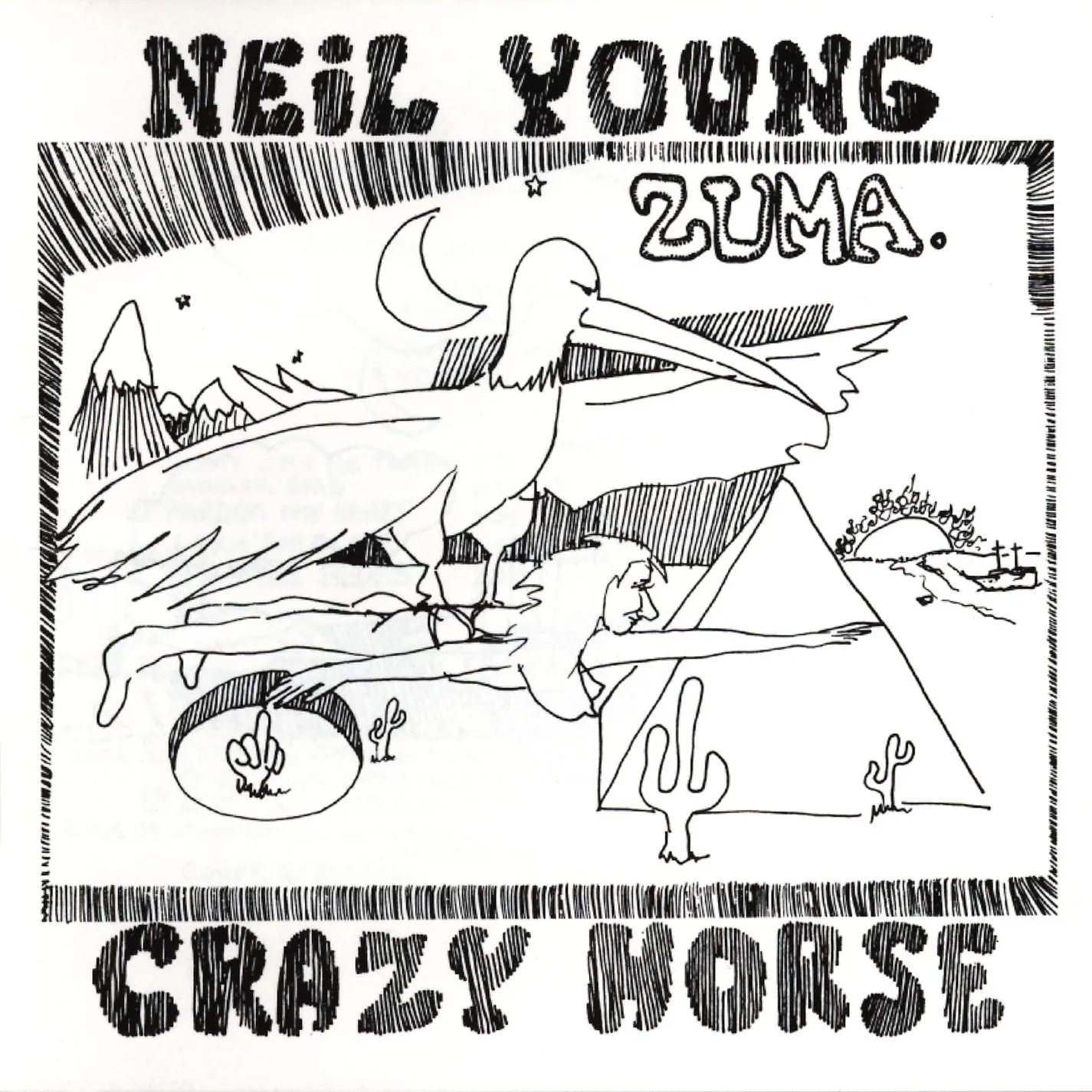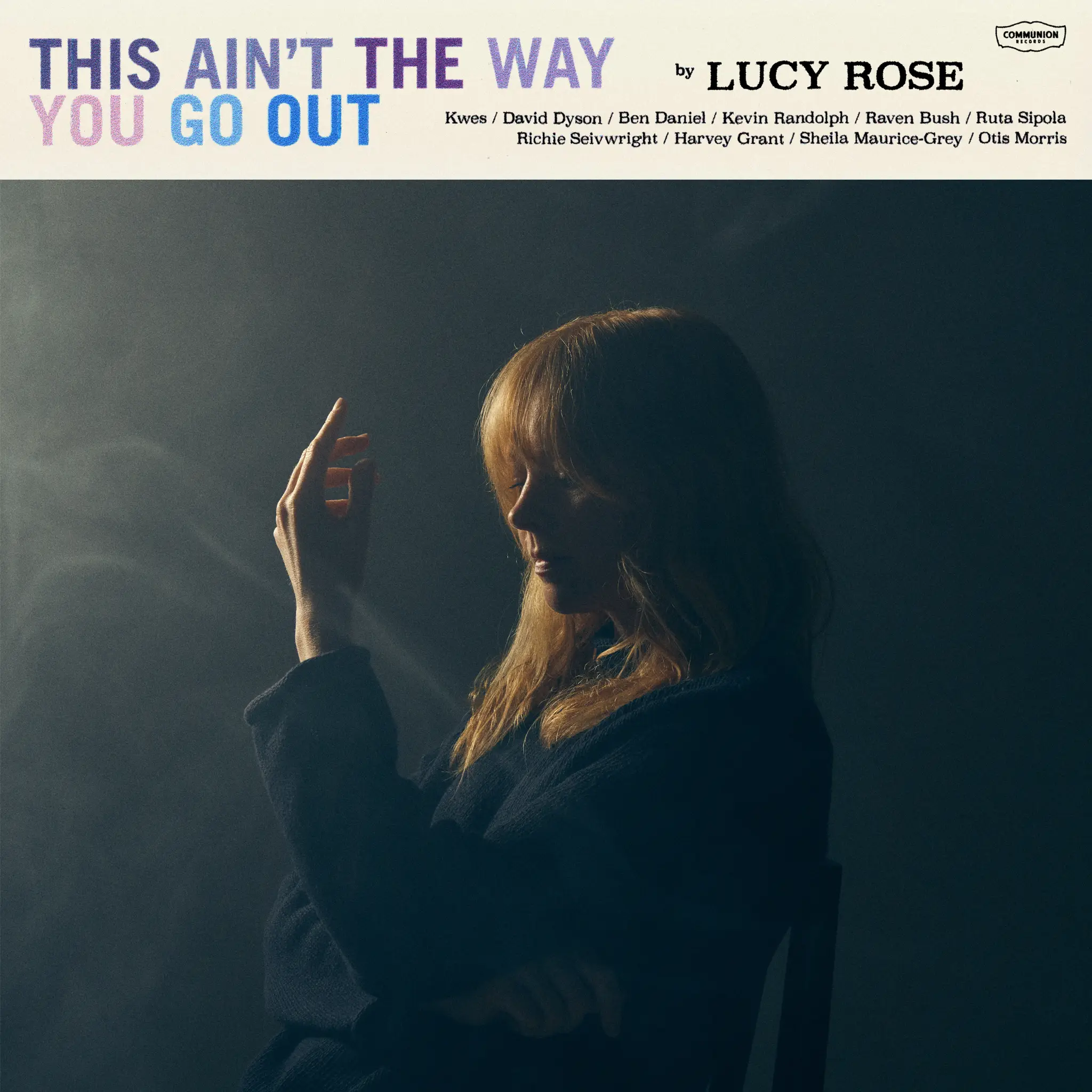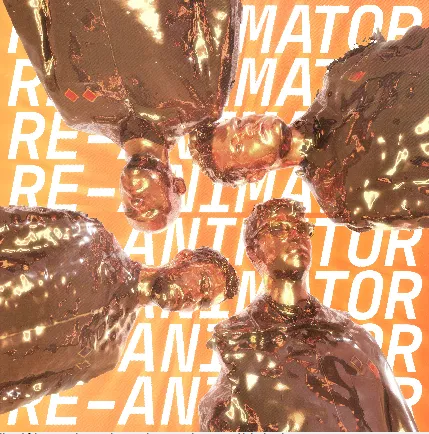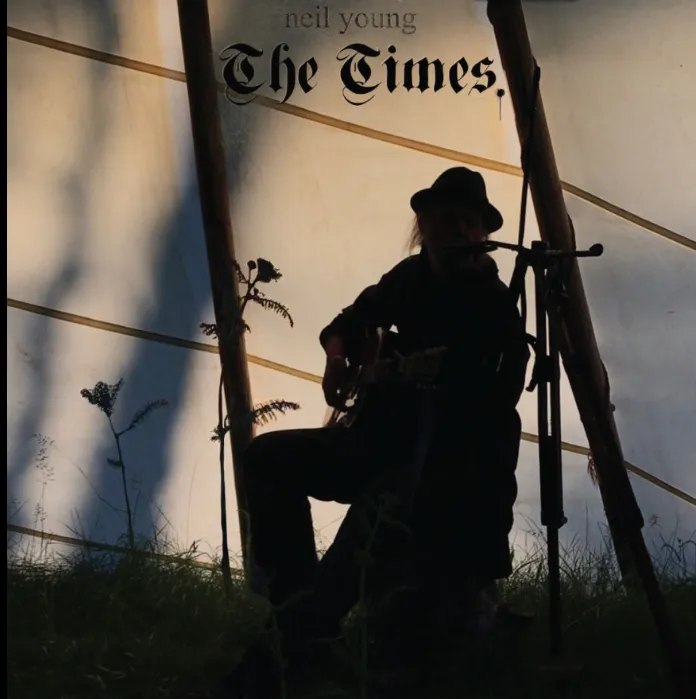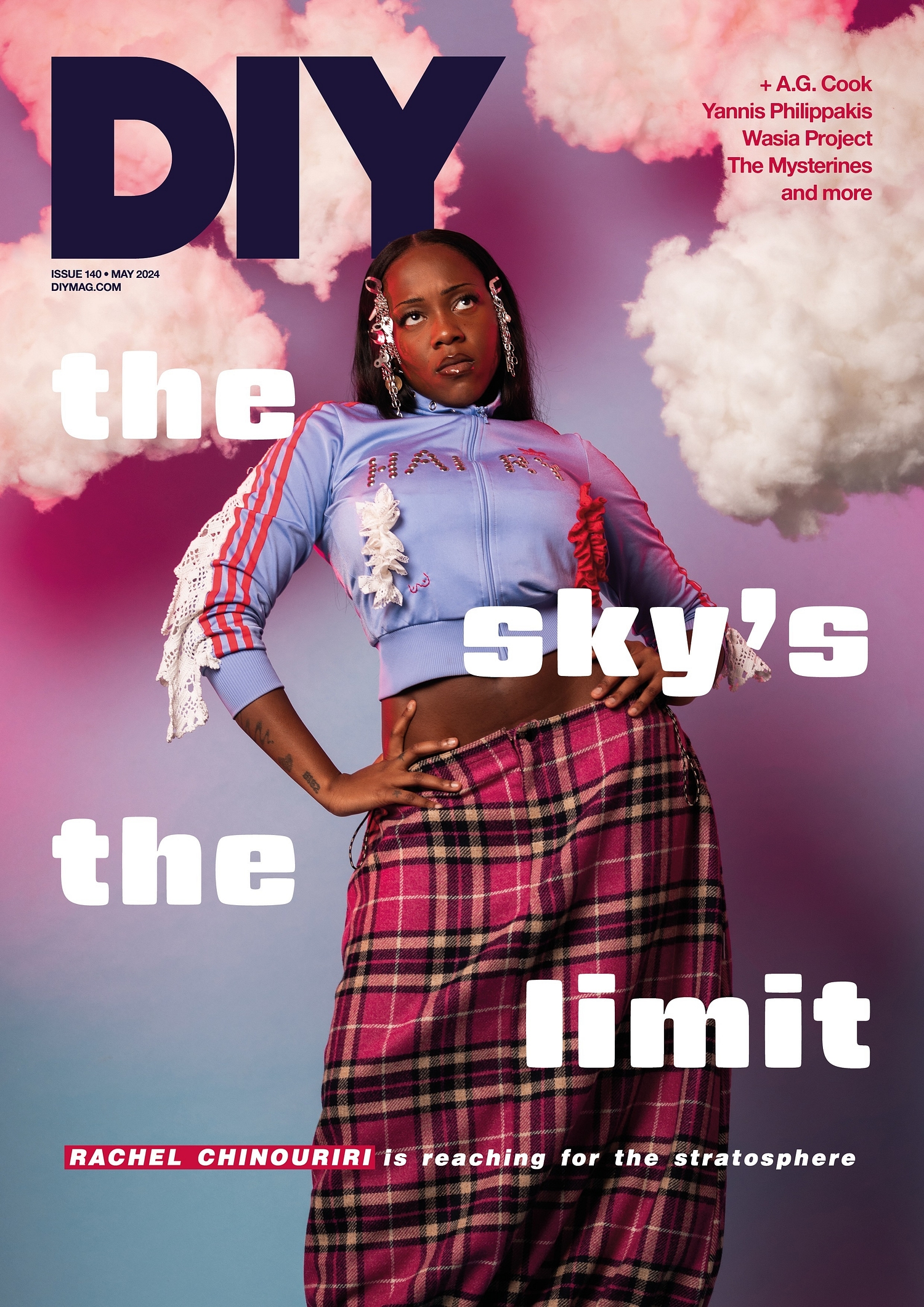Interview The Airborne Toxic Event
As the band find themselves on a sold-out string of tour dates in the UK, even though their eponymous debut is yet to be released in this country, we sit down with Mikel Jollett and Daren Taylor to talk touring, writing, critics and cuisine.
If ever proof were needed that “great art comes from great pain”, then Mikel Jollett (lead singer and lyricist of TATE) would be the prime ‘indie’ case in point. Following a week that would be anyone’s worst – finding out his mother had cancer, being diagnosed with an autoimmune skin disorder and breaking up with his long-term girlfriend – Jollett decided to form TATE. Now, the band find themselves on a sold-out string of tour dates in the UK, even though their eponymous debut is yet to be released in this country. DIY sat down with Jollett and TATE’s drummer, Daren Taylor, to talk touring, writing, critics and cuisine!
Hello guys. The last time DIY caught you was in November when you played 30 dates in 30 days across the UK, hitting some of this island’s most obscure nooks and crannies! How did you find the whole experience and which towns stood out for you the most?
M: It was really good. Our thing is that we’re a live band and our record is a shoddy recreation of our live show and it’s not really the other way around. Since the record was coming out on one of those tiny labels, we could really only afford to do one country at a time. We knew the record was going to come out in the UK so we figured the best way to deal with that is to just go and play in every single city we could find. Some of the most obscure places were the most fun – Hayle [Cornwall], Yeovil, Cardiff. Those crowds were more appreciative and they were really glad that we took the effort to drive there because no one goes through their towns. In Cornwall, we played in this little tent on the beach and there was a windstorm going on and the sides of the tents were flapping.
D: I thought it was going to collapse in on us!
M: It was really loud, and then when we started playing, we were louder than the wind.
D: And then the wind would fight back and we would fight the wind.
M: The crowd was really into it. Everybody got a little drunk. It just ended up being really fun.
With regard to your music, various media outlets name the Arcade Fire and Modest Mouse when attempting to frame your sound. Who do you admire musically, or in terms of ethic and aesthetic?
M: Wow, you’re bringing out the big guns! You’re going to write a transcript of the interview and then you’re going to read it back, and I’ll be saying “Actually it’s The Clash!” and you’re going to say “No! Right here, you clearly said Arcade Fire.”
That’s exactly what’s going to happen!
M: Well, I’ll go with The Clash then!
D: We all come from varied musical backgrounds and tastes – everything from classical to jazz to heavy metal and old time rock ‘n’ roll.
What about from your contemporaries?
M: I really love Wolf Parade and I love Modest Mouse too. But the thing about those comparisons is that they are premature. All those bands did something that is really hard to do. You’re not really Modest Mouse until you’re Modest Mouse - until you’ve toured for 12 years and you’ve put out all these great records and built this fanbase brick by brick. We have a ton of respect for that kind of thing, probably more now than we did 2 years ago. The comparisons are very flattering, but also really premature. We’re just a new band. We just started out.
D: Next year somebody is going to say we sound like somebody else on our next record.
Are there any less obvious influences on your music that the press have yet to pick up on?
M: I think Philip Roth and [George] Abercroft had a lot of influence on me. Roth was talking about his rules for writing once and he always said that you have to impugn yourself when you write because if you try to look cool, everyone’s onto you. If you are honest about your basic desires and your darkest, weirdest and most fucked up moments, then people can relate to them. You know what goes on in your mind and you know that it whitewashes the shit other people know about you. When you write a song or a book or whatever, it’s important to be yourself, point the finger right at yourself and not be afraid to look a fool.
Regarding your outspokenness, when your debut album was given, as you coined it, a “serious fist-pounding” by Pitchfork magazine, who rated it a grossly unjust 1.6/10, you wrote an open letter of response. What motivated you to do so, when one of the first things you mention in it is your general indifference to ‘reviews’?
M: I think what we meant by that is that we generally don’t take reviews too seriously but we took this one seriously. The idea was that we don’t take every review seriously. But this was the largest indie website in the country and they were taking aim at us with false information. It was stupid. For that reason, we felt that it was important to respond. At the end of the day, it’s not exactly Watergate- it’s just rock ‘n’ roll. People have lots of different opinions. If someone says you’re great, you take it with a grain of salt and go “yeah, ok” and if someone says you’re horrible, you take it with a grain of salt – “yeah, not really”. The truth is probably somewhere in the middle. You’re just a band- just some people who play music.
Mikel, you were a rock journalist at one point, so how would you review or describe your album?
M: I don’t know if I could be objective about our record. It’s so much easier to write about music than it is to write music. Somebody might take an hour to write a review, but it takes a year to make a record. They have nothing to do with each other. Writing songs is like living your dream life in front of people, whereas writing about music is about projecting yourself onto an artist. Music is identity, but I think music reviews tend to be like Rorschach tests. You can usually tell how someone first heard about us by what they write in a review. 90% of the reviews are positive so we’re very spoiled in that sense, but if someone heard us on the radio first, they’d think we’re one band and if someone saw us in a club first, they’d think we’re a different band. It’s all just projection. This whole world of music journalism is very divorced. And music journalists don’t know how far away they really are. They confuse those two things a lot and I used to confuse it too, and had I not been a rock star, I would have no way of knowing. Having said that, I really like music journalists. They tend to be really smart people and they tend to care about music. There are a lot of true believers, and at the end of the day I side with the true believers.
Moving onto your songwriting, could you tell me about your new single, ‘Sometime Around Midnight’? What was the inspiration behind it?
M: It’s very straightforward – that all actually happened. In fact, everything on the record actually happened. I ran into my ex-girlfriend. That song just describes the night. The whole band was there that night.
D: I think the beauty of Mikel’s lyrics is that there’s nothing terribly obscure about it. It reads like a story. It’s all pretty cut and dry.
M: I’d like to add that the beauty of Daren’s drumming is that it’s right there and he’s got that punk backbeat and he’s just driving it. It’s all energy. He’s just back there and there’s no metaphor. He’s just living. He’s sweating on the kit. He even bleeds on that fucking thing - it’s awesome.
Do you worry about making a ‘public statement’ about something that is so intrinsically personal? Where do you draw the line when it comes to how much ‘honesty’ infiltrates into your music?
M: No, that’s what you sign up for if you’re honest. I don’t really care. It happened to be honest and I would have just as easily lied. But what I really care about is the song. I don’t really care about whether or not it is going to affect my life in someway or another. All you care about is how the song turns out and you are willing to take any pose that you need to. You’re willing to be a narrator, an idiot, a bragger, a clown and debaucherous loser - whatever it is that you have to take on. I just don’t fucking care.
The album itself is bookended with lyrical themes of hurt, heartbreak and a gut-wrenching rejection of happiness – you’ve even called a song ‘Happiness Is Overrated’! Was this a conscious decision?
M: No, these are just the songs that swung. We wrote about 100 songs for the record and 10 of them made it on because they were the ones that swung the most! We just liked them. It wasn’t a conscious decision. Your point about it being a lot about rejection is what I was going through. In The Road by Cormac McCarthy, which I just read, there’s a great line in there that says, “The right dreams for a man in peril were dreams of peril”. You can’t write about things honestly if you’re trying to dress them up, so that’s what I was going through at the time. I’m not really going through that now. Someday I’d love to write a record about falling love with a beautiful woman and having a wonderful family and children. I think from the outside a lot of this stuff looks a lot more intentional than it is. I can understand that. You sit down to write and this is what happens. For me, there was no intent to it and we’re not really trying to make a statement. I’m not trying to make a statement. They’re just songs about feelings.
With so many musicians in the band working as a whole, how does the writing and arranging of the music normally work?
M: It depends. It’s song by song.
D: Sometimes Mikel will come in with a guitar riff and some lyrics. Other times, it may be before a show or during a soundcheck. It’s definitely not a jam band. But Steven [guitarist] may play a riff, and somebody else might say, “that’s cool”. It’s a little bit more difficult these days being on the road. We don’t have a chance to get to studios and rehearsal space to work stuff out, but we manage to do it.
M: The thing about this band is that the other members of this band are extremely talented and it’s really a privilege to work with people who are so good at what they do. I always feel really spoilt that I get to play these dumb songs with this band that are so musically spot on, creative and smart, and can literally play anything. Daren knows every drum beat. Seriously, I’m playing my little chord progression, I-IV-VI-V, and I’m just chomping chords and then I go to Daren and he says, “What about this?” and I’ll say “Oh that was awesome!” and then we’ll try to figure it out. Then Noah [bassist with a Russell Brand resemblance] comes in and says “Hey! Try it like this!” When I wrote it, it was just some fucking chords and by the time we’re done with it, it’s a whole thing. Anna [violinist], Steven, Daren and Noah all have such amazing musical talents, so it feels really good.
You’ve sold out your UK tour this time. That must feel good also?
D: It’s a great feeling. The last few shows that we’ve done on this tour have seen some really big crowds and what makes it even better is seeing everybody being into it. [The band’s show at the Leeds Cockpit saw an unlikely moshpit forming for ‘Sometime Around Midnight’ and Mikel inciting a stage invasion for the finale, with one zealous fan bruising him not too far from his eye - DIY] Last night we were in Nottingham and I can’t remember the last time I heard an audience sing along with ‘Sometime Around Midnight’ so loudly!
M: They were singing along with about 3 other songs. When you hear the echo of the crowd singing along to your songs and you’re a thousand miles from home without a record out, you’re thinking it’s wrong!
D: I’ll be back there doing my little ‘high hat’ thing and people will be singing along, and I’ll be thinking, “What the hell? I can’t believe this is actually happening.”
M: We’ve all been charmed by this country. When you’re a foreigner coming in, there’s an English wit. We grew up in California, and there’s this sense that England’s this far away place that has all this culture and these bands. When I was in high school, I listened to The Stone Roses and nobody else listened to The Stone Roses. I had 2 friends who listened to The Stone Roses. We started to really worship all this great music - The Smiths, The Cure, Josef K, Orange Juice, and David Bowie. You think of England as a place where they really know their music and they really live for it. In this way, it doesn’t happen as much in the States. To be over here playing shows, it sounds cliché to say, but it really is a privilege. If all of this were to go away tomorrow, we would cherish the time that we had to do this.
D: I’m pretty sure that half of my record collection is British. There’s so much music that came out of here.
Finally, do you have any plans to return to the UK then after this tour?
M: Yes, we’re returning to the UK in early April. Then as soon as we get to the States after this tour, we have 7 weeks touring around North America. This whole thing has been like this train that you get on and you don’t know if you’re going to the next town or fucking Iceland. And so far, we’ve made it as far as Pittsburgh. We don’t know how far the train is going to go. We’re an indie rock band – we load our shit and we carry our stuff. We don’t have a million dollars of marketing behind us and we play night to night. You tour as long as you can on a record and then you make another one. It’s actually our fourth time here without a record out and it’ll be our fifth by the time our record’s out.
D: I never imagined the UK would be in my comfort zone.
M: Yeah, we get here and we’re after those Thai Chilli chips.
D: And a Full English breakfast!
How do you feel about English cuisine?
M: Honestly… I hate it! It’s just too salty. “England! Less salt on everything!”
D: Less salt! More spice! Though the Indian food is good.
M: You guys put on about four times as much salt than it needs – what the fuck it up with that?! It’s like “less salt!” and we’d like some healthy food. Like broccoli! Have you ever heard of broccoli?! Or salad without mayonnaise?! What they do in the States is they have lettuce and they don’t dump a can of fucking mayonnaise in it! They just actually just put the vegetables in it - you eat it and it’s really good. You should try it!
D: You like to serve chips with everything.
M: Though the Indian food is great. The pubs over here are great and the music is awesome.
And on that note, DIY bid farewell to TATE and recommend a top Yorkshire curry restaurant whose suitable sodium chloride levels may well make it possible for them to actually enjoy their dinner!
‘Sometime Around Midnight’ is out now. The Airborne Toxic Event play Glasgow (Oran Mor), Manchester (Academy) and London (KCLSU) in early April. Tickets go on sale from Friday (30th January).
Read More
The Airborne Toxic Event - All At Once
3 Stars
Unfortunately 'All at Once' is missing the high points that made 'The Airborne Toxic Event' great.
22nd April 2011, 1:19pm
The Airborne Toxic Event: A Voyage Into Political Songwriting
Mikel gives us the lowdown.
14th March 2011, 12:21pm
The Airborne Toxic Event, Sixth & I Synagogue, Washington DC
There are smiles all around on stage as TATE realise they are sharing something very special.
15th September 2010, 11:59am
With Rachel Chinouriri, A.G. Cook, Yannis Philippakis, Wasia Project and more!
